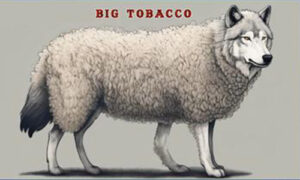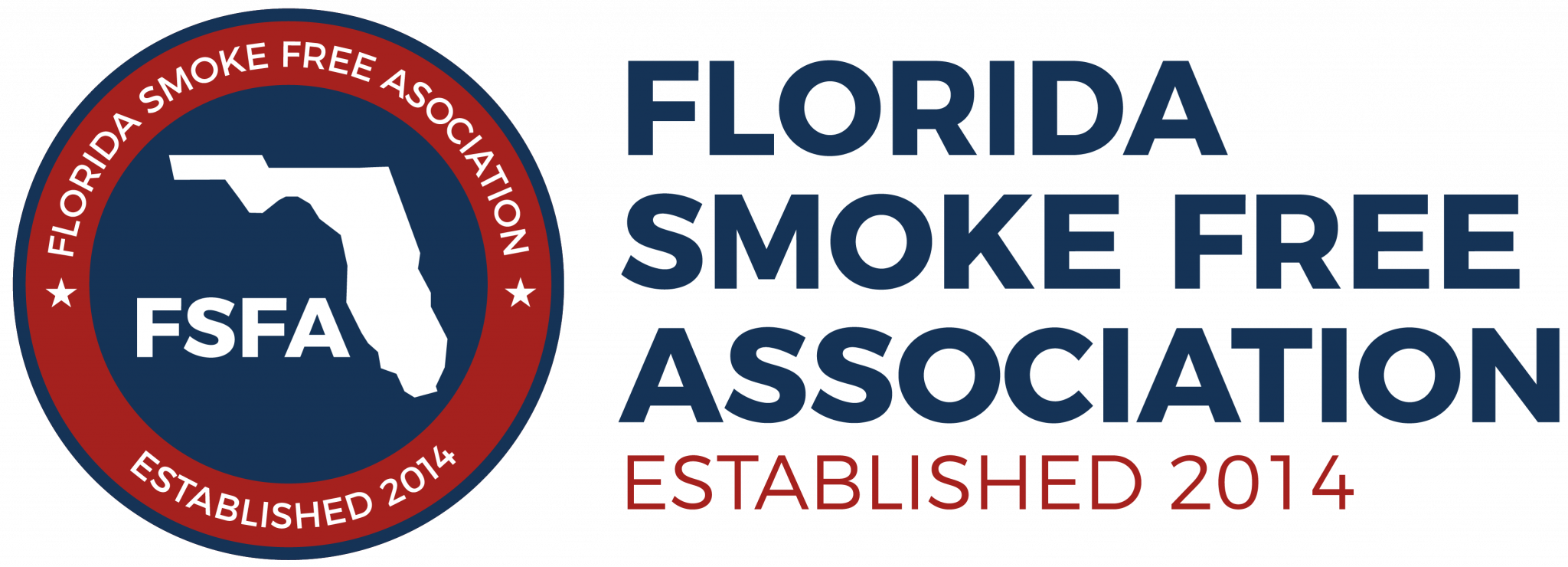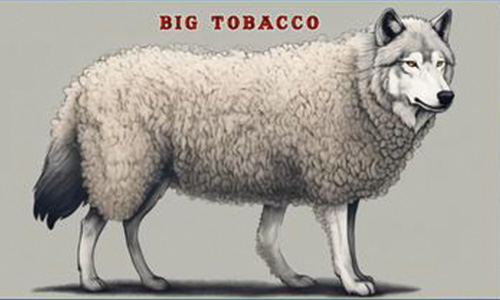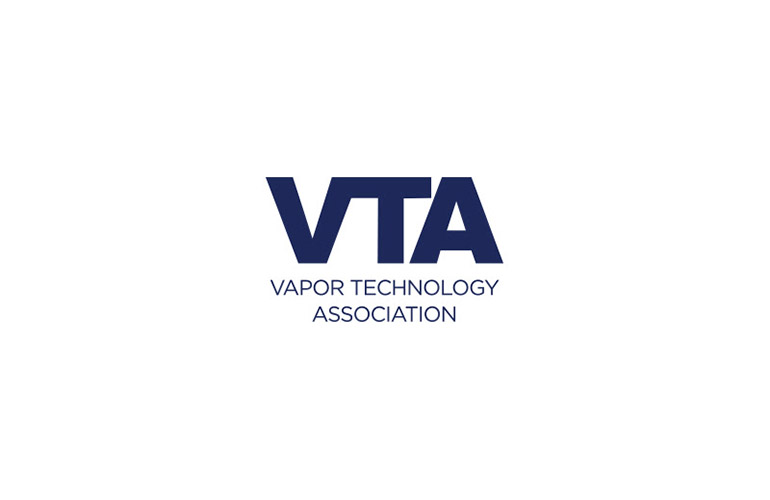
Aesop wrote a famous fable about the wolf who donned sheep’s clothing to conceal his true nature long before society coined “catfishing” and “gas lighting” as other descriptions of the same. But every year, when state lawmakers flock to Tallahassee, this timeless warning for discernment and skepticism – to lift the mask when debating bills – should be freshly renewed.
This year’s craftiest ruse is a Big Tobacco, Big Government bill cloaked in the skin of a public health effort. Lawmakers should be careful to inspect SB1006 and HB1007 more closely.
These proposals, disguised as regulatory measures, are designed to protect the dominance of major tobacco companies like Altria, RJ Reynolds and Phillip Morris International by suffocating competition from smaller, domestic vape manufacturers.
The proposed mechanism for stifling competition is a process that on the surface seems sane: only allow Florida consumers to buy vape products that are approved by the US Food and Drug Administration (FDA). The problem with this proposal is, in part, a highly compromised FDA approval process. While ostensibly designed to ensure the safety of vaping products, the FDA has instead become a barrier to entry for products manufactured by all the largest corporations.
This bias is not mere speculation. Of the hundreds of thousands of applications received by the FDA for 26 million products, just 45 were approved for marketing, including 23 tobacco flavored e-cigarettes. Further, the FDA has authorized only seven e-liquid based vaping devices and a handful of tobacco flavored refill cartridges, all of which are marketed by subsidiaries of the Big Tobacco companies. There have been No refillable devices approved.
The clear favoritism led to multiple court challenges resulting in a 2022 ruling by the Eleventh Circuit Court of Appeals calling the FDA process “Arbitrary and Capricious” and a 2024 ruling by the Fifth Circuit Court of Appeals describing the regulations as one that sent companies on a “Wild Goose Chase”. These rulings both affirm that the FDA’s opaque evaluation criteria and inconsistent application of regulations have created a regulatory quagmire, disproportionately affecting independent vape businesses who cannot navigate such a cumbersome, expensive process. Why is this a problem? Isn’t it good if there are fewer products on the shelves?
On the surface, such measures may appear prudent, but in practice, they result in multiple unintended consequences. First, research confirms that when access to smokeless products (and in particular, flavored vapes) is restricted, cigarette sales spike (especially among youth). Further, gatekeeping efforts that eliminate competition only serve to entrench the dominance of major tobacco companies, the very entities responsible for the production and sale of cigarettes and amplify their already formidable political sway. And have no doubt, that sway is at work in Florida.
Companies like Altria and RJ Reynolds are actively lobbying in support of these bills, leveraging their clout and influence lawmakers and state regulatory policy in their favor. Their motives are not altruistic, but rather to eliminate competition, maintain dominance, and maximize profits.
The consequences are dire for smaller manufacturers, and their employees, who innovate products that are no less safe, and no more harmful than those Big Tobacco seeks permission to sell. Ultimately, consumers pay the most. These bills will not make it more difficult to access vape devices or nicotine, but rather, merely limit innovation and squeeze out consumer choice in the process.
Aesop’s wolf killed a sheep and then “catfished” a flock by wearing the prey’s skin and blending seamlessly into their midst before executing his larger plan. Today in Florida, Big Tobacco is wearing the banner of public health, but shares not its intentions.
Florida legislators, the shepherds of state law, are being confronted by SB1006 and HB1007 with an opaque effort to subvert Florida’s free market principles, and to weaponize Big Government to protect Big Tobacco.
Nick Orlando, President – The Florida Smoke Free Association



